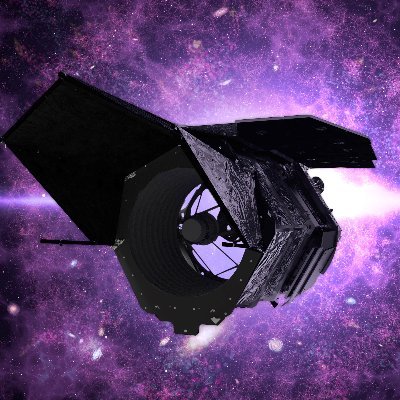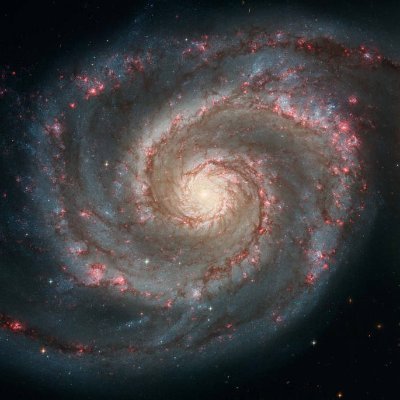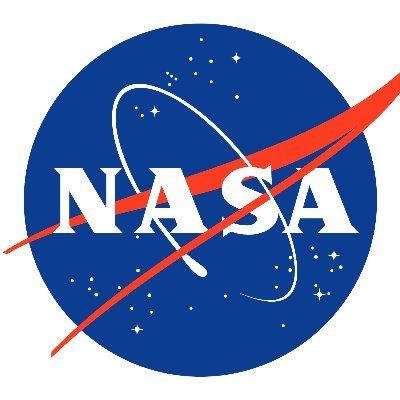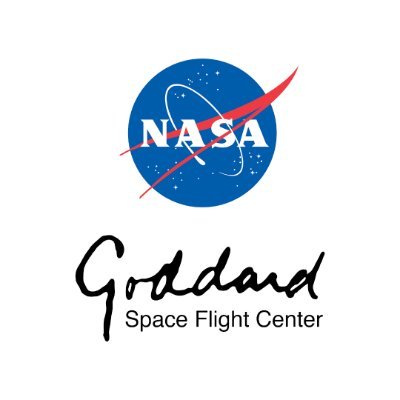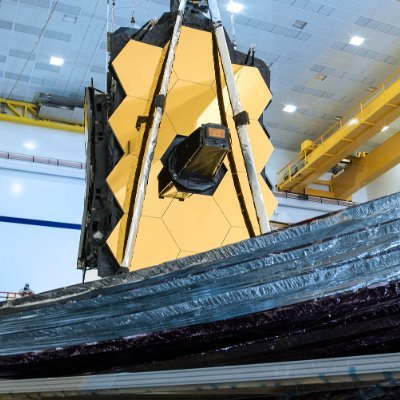
NASA Webb Telescope
@NASAWebb
Followers
3M
Following
4K
Media
3K
Statuses
11K
The world's most powerful space telescope. Launched: Dec. 25, 2021. First images revealed: July 12, 2022. Verification: https://t.co/ChOEslj1j5
Lagrange Point 2
Joined April 2009
Webb took a look at this pair of nearby interacting dwarf galaxies, giving us a peek at the types of galaxy interactions that were likely common billions of years ago. Read more: https://t.co/vYWBN0r3I3
35
317
2K
Make space for more holiday cheer! ❄️ Use this template to create your own Webb-themed paper snowflake: https://t.co/ET8aN3vBO8
9
44
382
Rome wasn't built in a day, but Roman just came together in one! The Nancy Grace Roman Space Telescope has finished final integration at the @NASAGoddard Space Flight Center. Learn more about this historic milestone: https://t.co/KnOqjxoWEX 1/2
12
110
602
From blazing coronas and swirling accretion disks to powerful jets that stretch millions of miles, the extreme environments of black holes reveal their presence — and their secrets. Get pulled into “Black Hole Environments, Explained.” #BlackHoleFriday
117
237
1K
Dwarf galaxies can give us insights into galaxies in the early universe, which were thought to have less mass than galaxies like the Milky Way, and also contain a lot of gas, relatively few stars, and typically have small amounts of elements heavier than helium.
2
17
154
These galaxies are named NGC 4490 and NGC 4485, and they’re located about 24 million light-years away. They are the closest known interacting dwarf-dwarf galaxy system where astronomers have observed the interactions between them, as well as been able to resolve the stars within.
4
15
171
New Webb data suggests that black holes in the early Universe are growing faster than we expected in early galaxies - and also growing faster than the galaxies that host them. https://t.co/iLSYCPSzal
56
224
1K
LIVE: See the latest images of comet 3I/ATLAS, the third object we've ever seen passing through our solar system from elsewhere in the galaxy. We’re sharing what we know about this visiting comet, how we’re studying it, and what we can learn from it.
1K
1K
6K
Webb confirmed the 3rd star and the unusually long orbital period of the Wolf-Rayet stars (190 years), which causes these dust shells to be created during the 25 years it takes them to pass each other.
1
15
190
Webb refined our view of Apep, a star system consisting of two rare Wolf-Rayet stars and a supermassive third star, which is slicing holes in the dusty shells its companions are creating. https://t.co/JxT8TnNPbR
31
316
1K
We're hosting a live event on Wednesday, Nov. 19 to share the latest images of the interstellar comet 3I/ATLAS, collected by several NASA missions. Tune in for the details—and send in your questions for the livestream with #AskNASA: https://t.co/vcFamtcjK2
1K
3K
14K
We've been giving you some space, but now we're back to giving you space ✨ @NASAWebb captured newborn stars forming in clouds of dust and gas in nearby star-forming region Pismis 24. https://t.co/sUHQZKCekV
56
267
2K
There’s beauty in the breakdown. When a Sun-like star reaches the end of its life, it creates a planetary nebula like this one. Webb’s new observations of the Red Spider Nebula reveal never-before-seen detail. https://t.co/1kTLFEYftA
93
690
4K
The most exciting chemical laboratory? The space between the stars 🤩 In this episode of @NASA’s Curious Universe podcast, astronomer Ewine van Dishoek explains how Webb is revealing new details about the formation of stars and planets. Listen here: https://t.co/3tMkOiJtZ9
25
53
296
Nature’s magnifying glass 🔎 Galaxies in these images might look stretched or warped. That’s due to gravitational lensing, a tool that allows us to peer even further into the universe! https://t.co/5PAlCDGLNM
62
350
2K
Webb provided the first direct measurements of the potential for moon-formation in a carbon-rich disk encircling a giant exoplanet, which is itself orbiting a young red dwarf star. https://t.co/fXRuo1mhns
49
335
2K
From space rocks in the asteroid belt to icy moons around Saturn, @Caltech astronomer Katherine de Kleer explains how Webb is rewriting our understanding of objects within our solar system in the latest episode of NASA’s Curious Universe podcast. 🎧 https://t.co/3tMkOiJtZ9
9
39
264
In contrast, in the near-infrared, it’s the colorful stars that steal the show in Sgr B2. Astronomers will seek to learn more about their masses and ages, to better learn about how stars are formed in this dense, active region of the galactic center.
7
50
490
Webb's Mid-Infrared Instrument captured glowing cosmic dust heated by very young massive stars in unprecedented detail in Sgr B2. Note that while the dust and gas glow dramatically, all the bright stars disappear from view.
3
54
492

